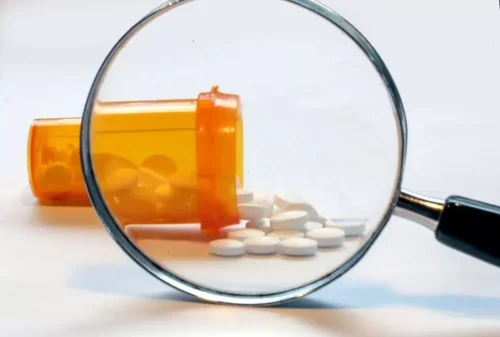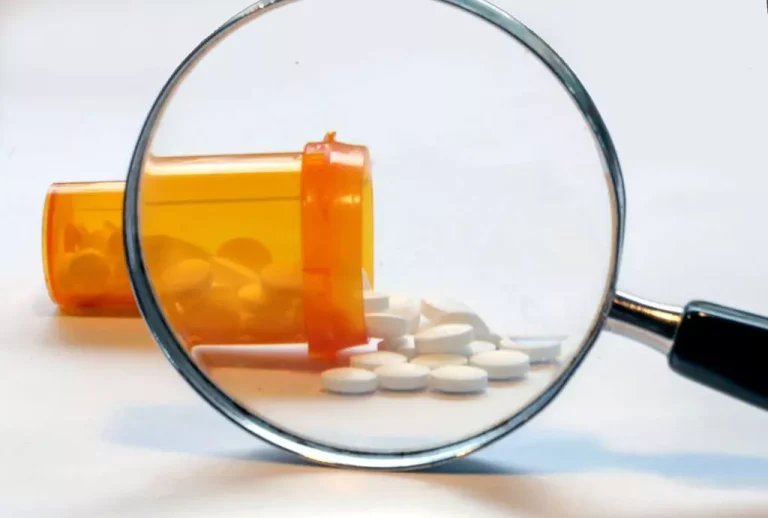The Effect of Alcohol on Blood Pressure and Hypertension Current Hypertension Reports
| July 18, 2022
Acute alcohol consumption mimics the pattern of social drinking, and Sobriety evidence indicates that even one glass of an alcoholic drink can increase heart rate. The magnitude of the effects of alcohol on blood pressure and heart rate varies, based possibly on genetic factors and on the amount of alcohol consumed. We classified nine studies as having high risk of bias (Agewall 2000; Bau 2011; Buckman 2015; Dumont 2010; Fazio 2004; Karatzi 2013; Maufrais 2017; Rossinen 1997; Van De Borne 1997). Agewall 2000 measured blood pressure upon participants’ arrival and did not measure blood pressure after the intervention. The aim of Bau 2011 was to determine the effects of alcohol on heart rate variability, so study authors did not measure and report DBP.
Can I Drink Alcohol if I Have High Blood Pressure?
Heart rate was increased following alcohol consumption regardless of the dose of alcohol. Alcohol has been shown to slow down parasympathetic nervous activity and to stimulate sympathetic nervous activity. Hering 2011, Carter 2011, and Spaak 2008 reported an increase in muscle sympathetic nervous activity (MSNA), which persists for at least 10 hours after consumption. The =https://ecosoberhouse.com/ vagus nerve is a component of the parasympathetic nervous system and is largely responsible for regulation of the heart rate at rest. Rossinen 1997 and Van De Borne 1997 reported withdrawal of vagal tone and reduced heart rate variability within an hour after alcohol consumption; this explains the increased heart rate. Buckman 2015, Van De Borne 1997, and Fazio 2001 also reported reduced baroreflex sensitivity following alcohol consumption.
- The evidence from investigations with various designs converge regarding the acute biphasic effect of ethanol on BP and the risk of chronic consumption on the incidence of hypertension, particularly for Blacks.
- For times greater than 13 hours, high doses of alcohol consumption increased blood pressure.
- We used GRADEpro software to construct a ‘Summary of findings’ table to compare outcomes including change in SBP and DBP and HR (GRADEpro 2014).
- Chen 1986 did not report consumption duration nor timing of measurement of BP and HR.
Bond 1984 published data only

We graded the overall certainty of evidence using the GRADE approach via GRADEpro GDT software (GRADEpro 2014); we formulated summary of findings (SoF) tables. After de‐duplication and screening of titles and abstracts, we were left with 482 citations for further assessment. We retrieved full‐text articles for those citations and included 32 studies (Figure 1). The Cochrane Hypertension Information Specialist searched the following databases without language, publication year, or publication status restrictions. American Addiction Centers (AAC) is committed to delivering original, truthful, accurate, unbiased, and medically current information. We strive to create content that is clear, concise, and easy to understand.
Kelbaek 1987 published data only
We noted some overlap of data points in some funnel plots, indicating that some of the included studies were of similar size. According to Chapter 10 of the Cochrane Handbook for Systematic Reviews of Interventions (Higgins 2011), a funnel plot asymmetry test should not be used if all studies are of similar size. We used how does alcohol affect blood pressure Cochrane review manager software for all data analyses (Review Manager (RevMan)).
Kawano 1992 published data only

Impairment of baroreflex sensitivity results in failure to sense the increase in heart rate and maintenance of cardiovascular homeostasis. Kawano 2000 reported a reduction in plasma potassium levels after alcohol consumption, which might provide another reason for the increase in heart rate. Certain studies have implicated the role of cortisol in alcohol-induced rise in blood pressure66-68. Potter et al66 have reported a significant rise in plasma cortisol levels following alcohol consumption and a drop in plasma cortisol levels when alcohol intake was discontinued. Increased cortisol levels in regular alcohol drinkers may be due to direct stimulation of adrenocorticotropin hormone or potentiation of corticotropin releasing hormones by arginine vasopressin67. The effect of blood pressure may be due to the mineralocorticoid activity of cortisol or catecholamine hypersensitivity68.



